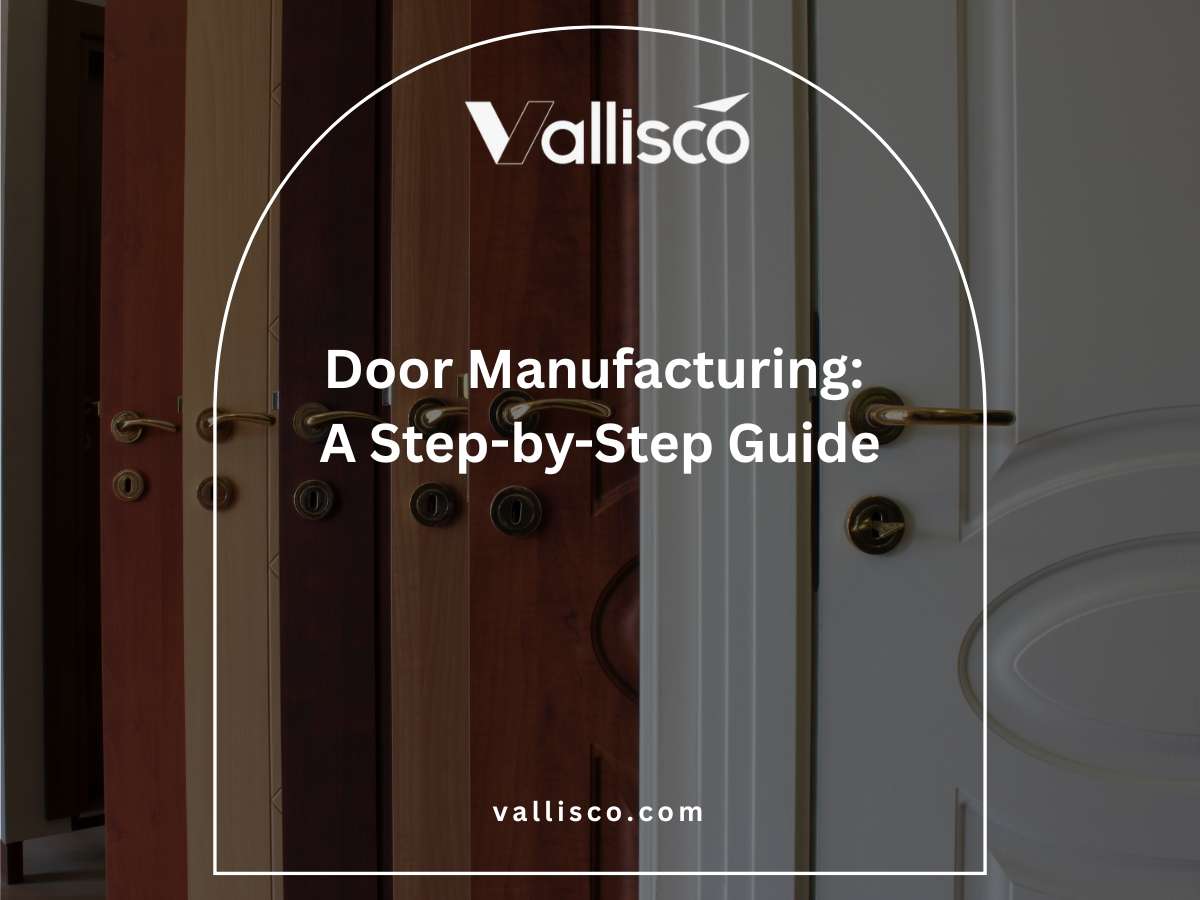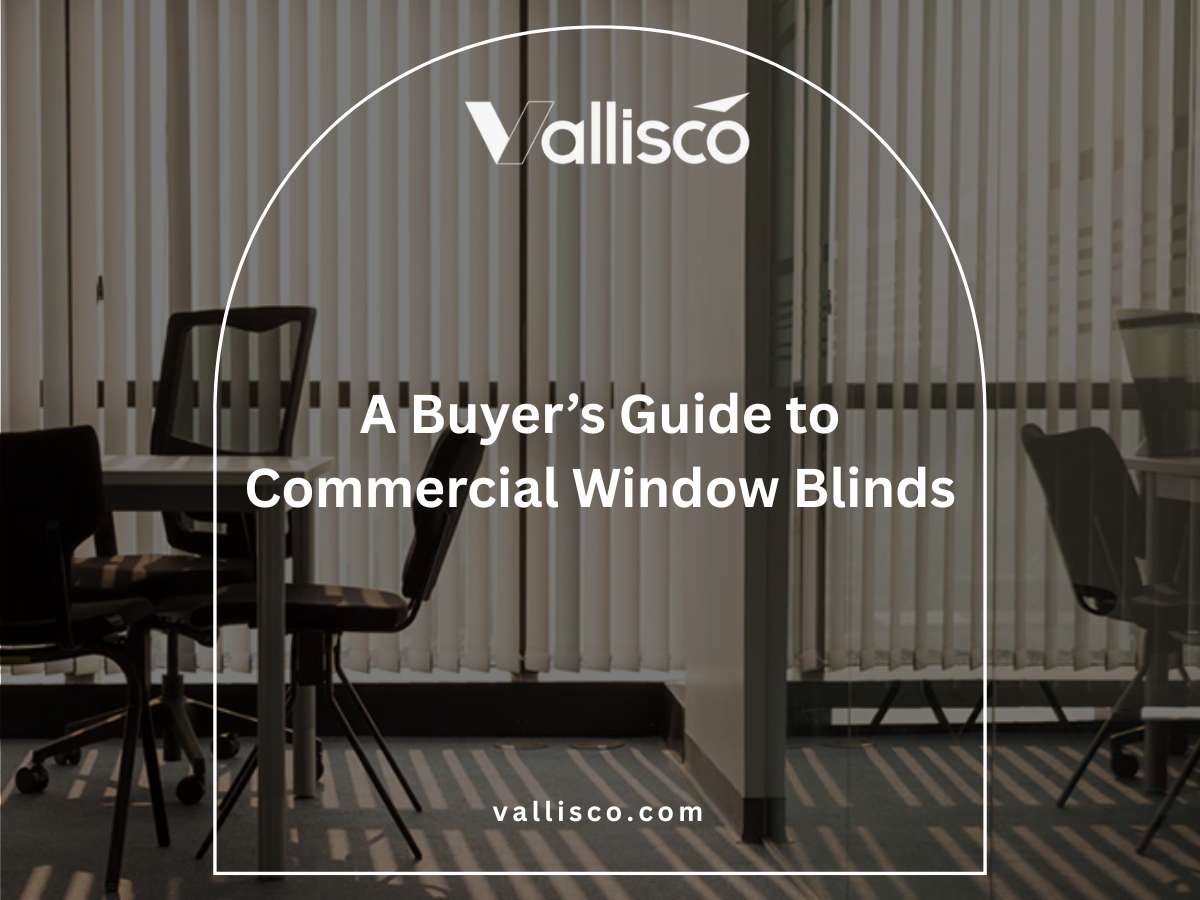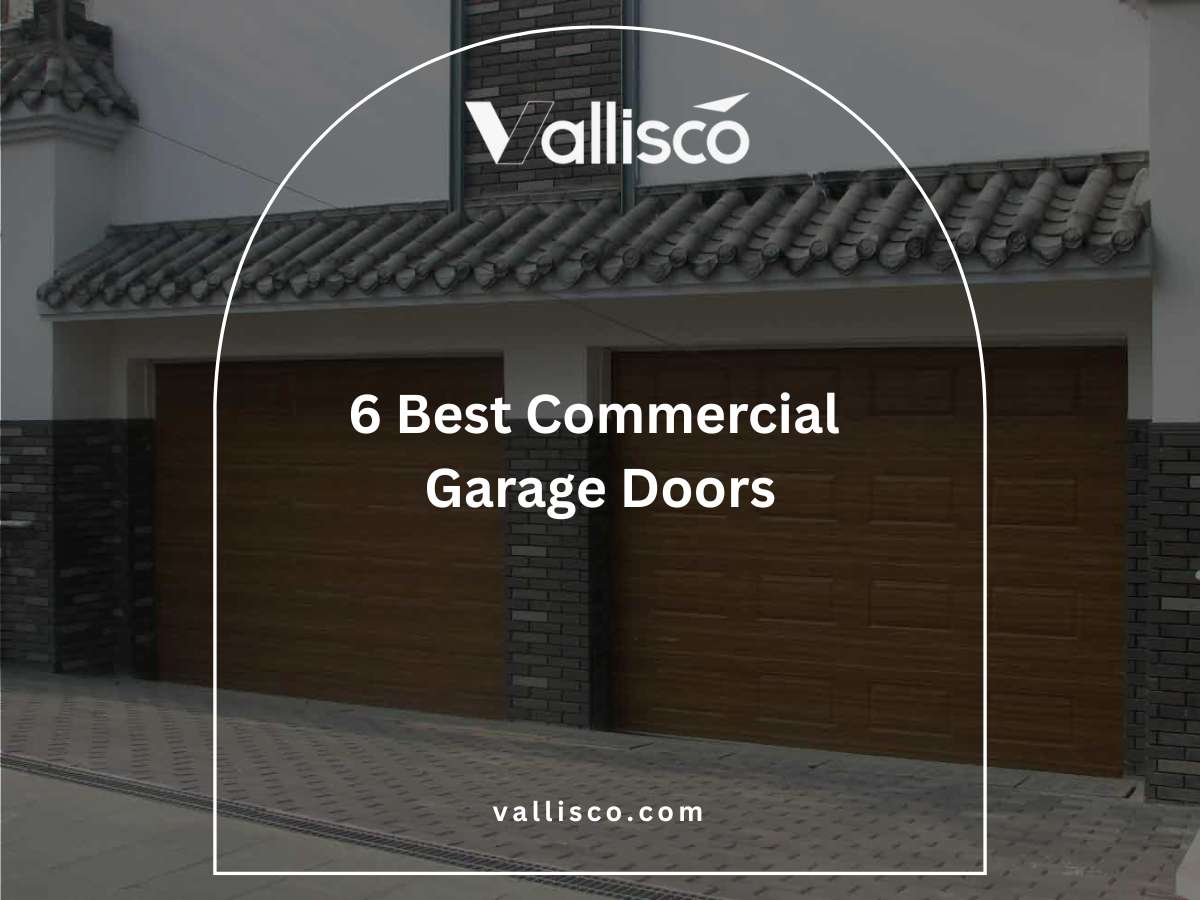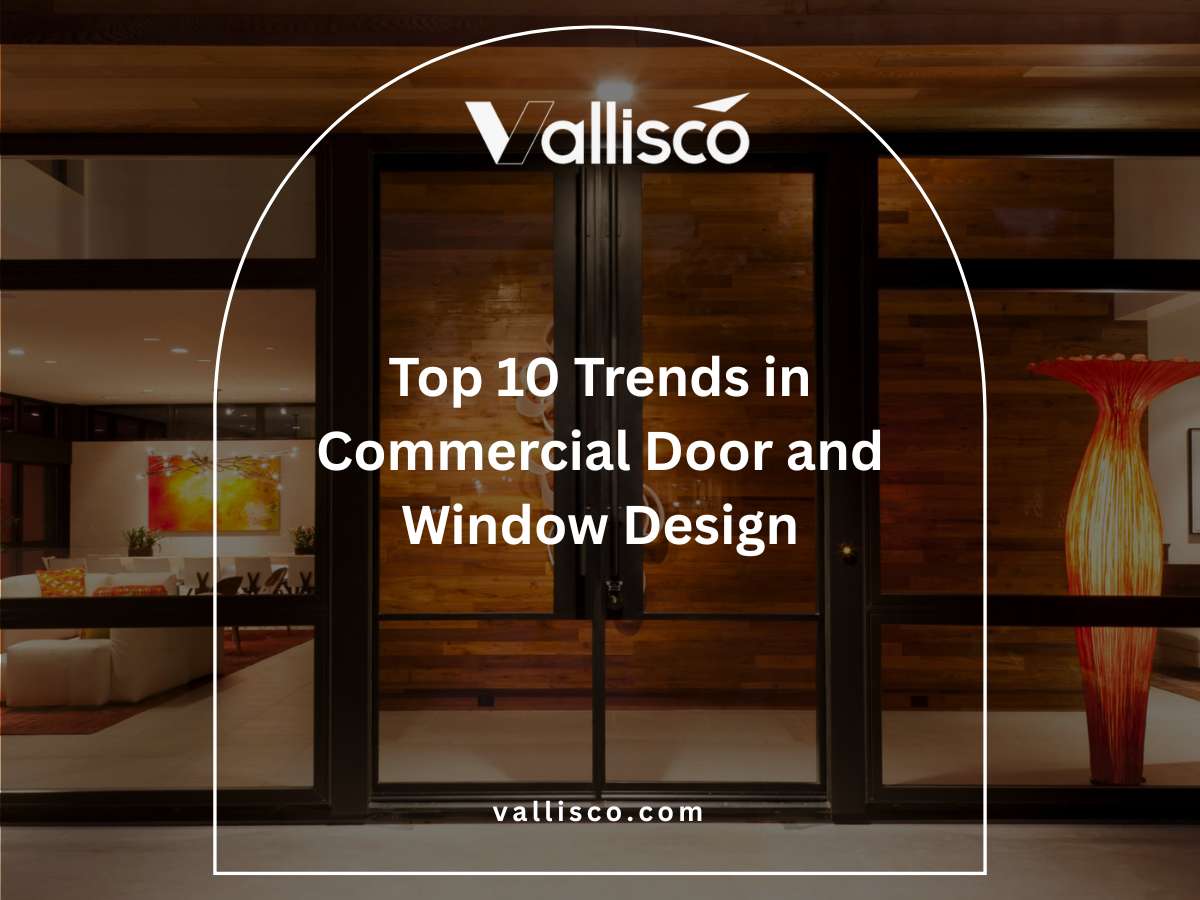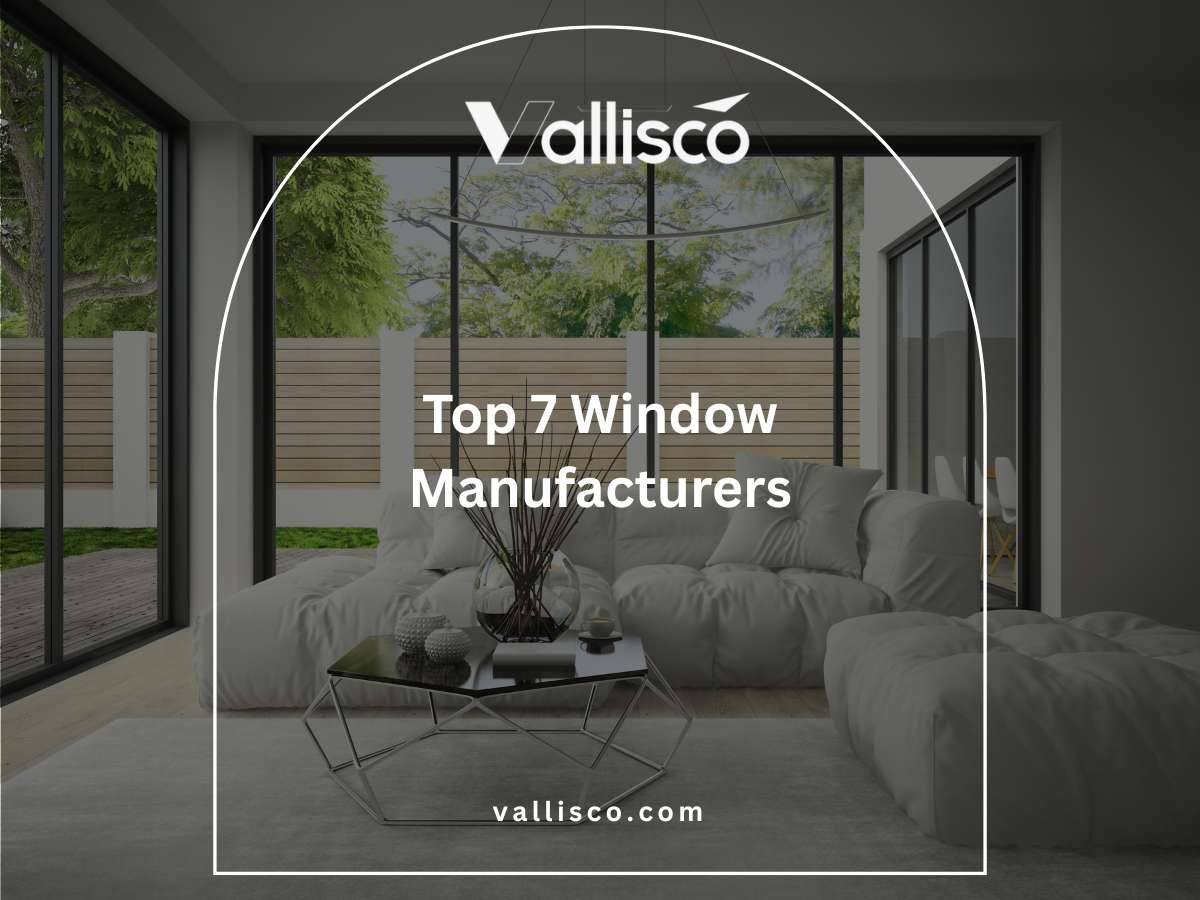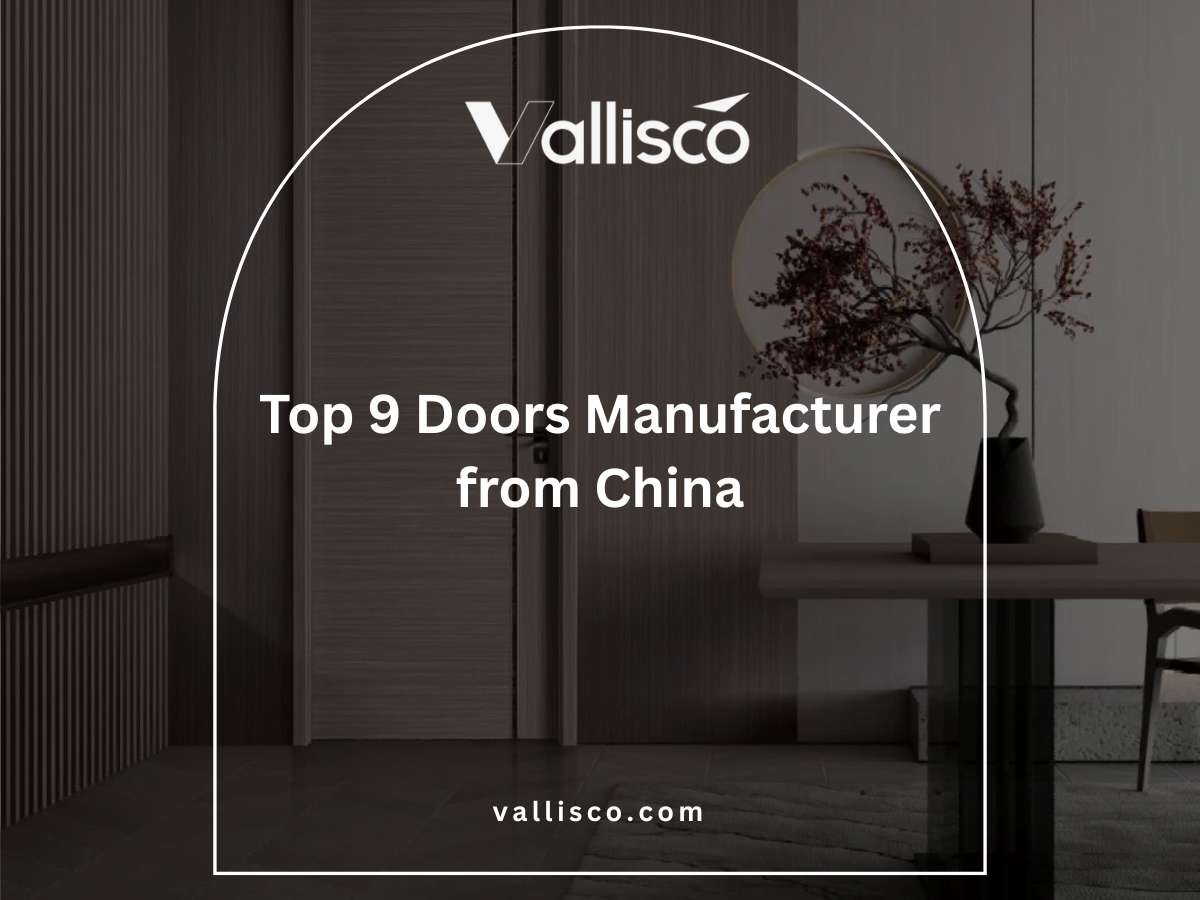One of my clients, who managed a chain of inns, once told me how upgrading to better glass windows cut down on noise complaints. Their guests finally had the quiet nights they expected.
This is the kind of outcome many property owners are looking for. And the good news is, the right commercial glass window can make it possible.
I’ve spent years reviewing different types of commercial glass window solutions for hotels, houses, and greenhouses. The insights you’ll see here come from real cases, not theory, so you can trust the guidance.
In this guide, you’ll discover:
- The different types of commercial glass window options
- The advantages of each type
- How to choose what fits your building best
Everything here is written with you, the business owner, in mind.
Keep reading to learn more!
1. What Are Commercial Glass Windows?
When I talk about commercial glass windows, I mean windows built for business properties like hotels, villas, inns, and greenhouses. They are not the same as the glass you’d normally see in a standard house window. Commercial glass is made stronger, safer, and more efficient. It can handle heavy use, larger sizes, and stricter building standards.
For you as a property owner or manager, this matters because these windows affect both how your building looks and how it performs. A commercial glass window can help reduce energy costs, improve guest comfort, and add value to your property. In simple terms, it’s a window built with your business needs in mind, not just basic home use.
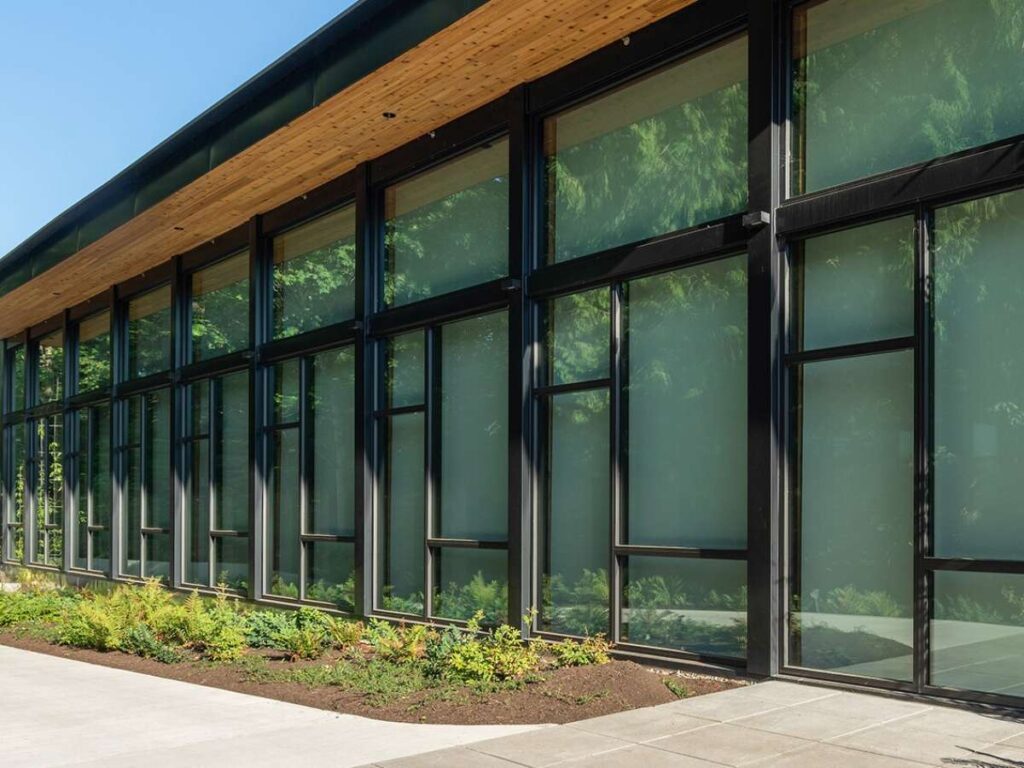
2. Benefits of Commercial Glass Windows
When working with property owners, I’ve seen how the right glass windows bring more than just looks. They directly affect how your building functions every single day. For you, this means lower costs, safer spaces, and more satisfied guests or tenants. Let me break it down into the key benefits:
- Lower Energy Costs: Heat often enters through poor windows. Good commercial glass helps block that heat in summer and keeps warmth inside during winter. That means you run the air conditioning or heating less.
- More Natural Light: Rooms with daylight feel better. They support productivity, guest comfort, and plant growth. You don’t need to turn on lights during the day as often — another way to save energy.
- Better Appearance: Clean glass makes your building look modern and well-kept. For hotels and villas, this adds value. For greenhouses or conservatories, the right look can attract more visitors or renters.
- Improved Safety: Some glass types break into safe pieces. Others stay in place even if cracked. This lowers risk for guests, staff, or passersby. It’s especially important for entryways or large windows near the ground.
- Less Outside Noise: If your building is near traffic or other noise, the right glass can help block it. That means quieter rooms and a better experience for everyone inside.
3. Types of Commercial Glass Windows
I’ve seen in different projects that choosing the right type of commercial glass window depends on what matters most for your property. Some owners care most about energy costs, while others focus on guest safety or sound control. Knowing the main types will help you decide which fits your building best:
Tempered Glass
Tempered glass is treated with heat to make it several times stronger than normal glass. When it breaks, it doesn’t shatter into sharp shards. Instead, it breaks into small blunt pieces that reduce the chance of injury. That’s why you’ll often see it in busy hotel lobbies, storefronts, or villa entrances where safety is a concern.
For you, the benefit is peace of mind. If a guest bumps into the glass or there’s an accident, you know the material is designed to minimize harm. It’s a standard choice in commercial settings for both safety and durability.
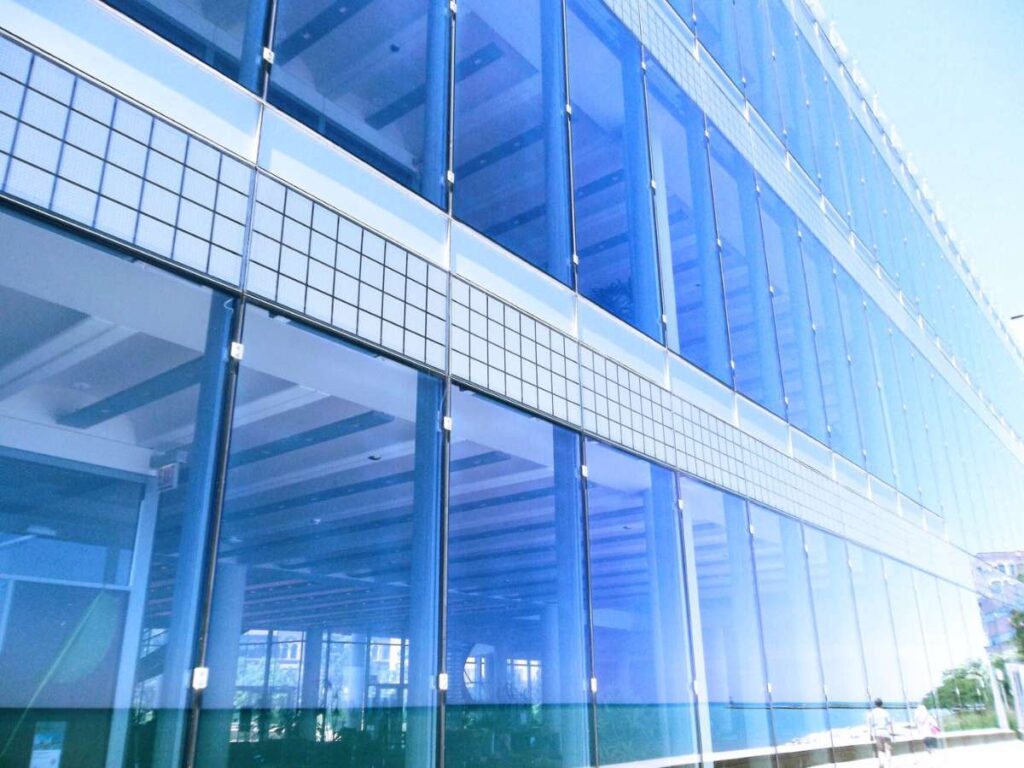
Laminated Glass
Laminated glass has two or more layers with a plastic film sandwiched in between. Even if the outer layers crack, the film keeps the glass from falling apart. This makes it useful for security since it’s harder to force through.
Another big plus is sound control. The layered construction helps block outside noise. If your hotel or inn sits near a busy street, this type of glass can make rooms noticeably quieter. I’ve seen property managers switch to laminated glass just to solve guest complaints about noise, and it worked.
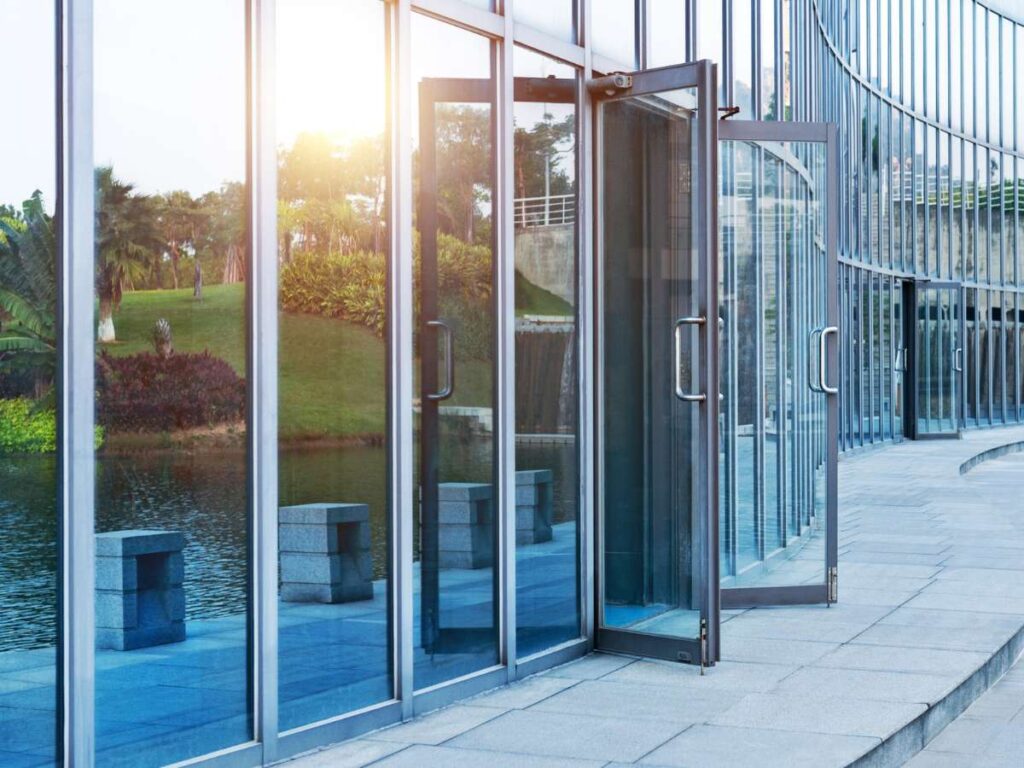
Insulated Glass Units (IGUs)
An insulated glass unit is made of two or more panes separated by a space filled with air or gas. That gap works like a barrier, slowing down the transfer of heat. In hot weather, it keeps the heat out. In cold weather, it holds warmth inside.
This type is one of the best for energy efficiency. It lowers strain on heating and cooling systems, which means lower bills for you. For properties that need steady indoor comfort, IGUs are a smart long-term choice. Vallisco manufacture commercial windows with IGU options, giving property owners reliable solutions for energy savings.
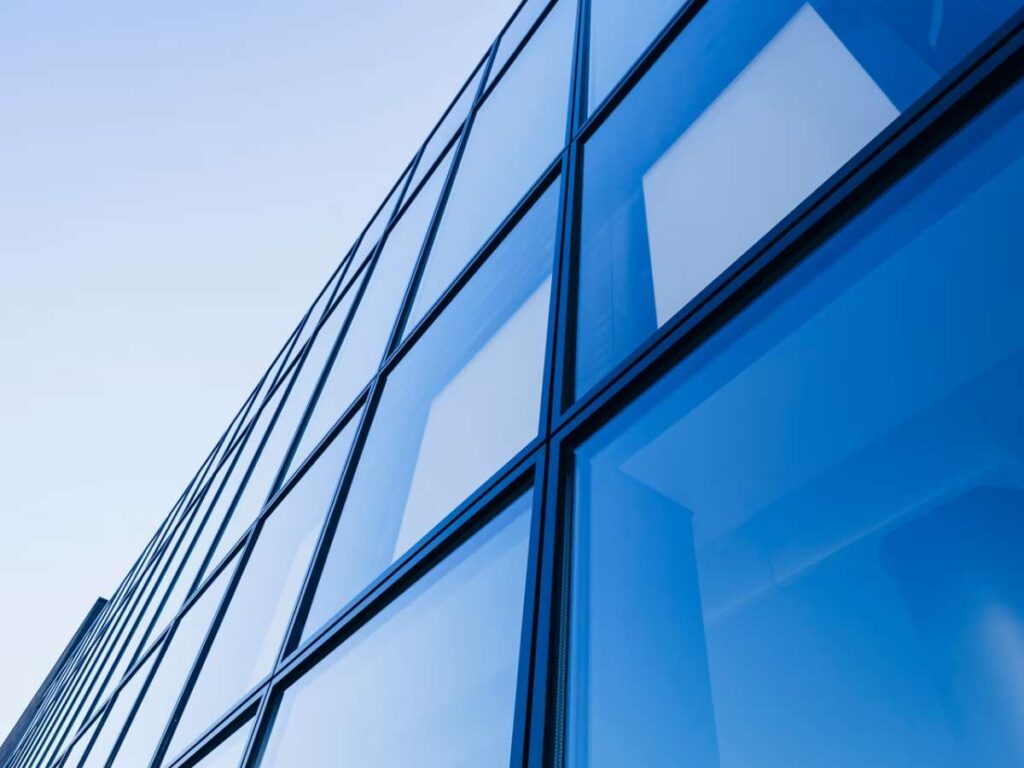
Tinted And Reflective Glass
Tinted glass reduces glare and limits how much sunlight passes through. It’s common in hotels or greenhouses where too much direct sun can be uncomfortable. The added shading effect helps manage indoor temperatures as well.
Reflective glass goes a step further. It has a metallic coating that reflects more heat and light. From the outside, it can also add a sleek, modern look to the building. Both tinted and reflective options give you more control over light and privacy.
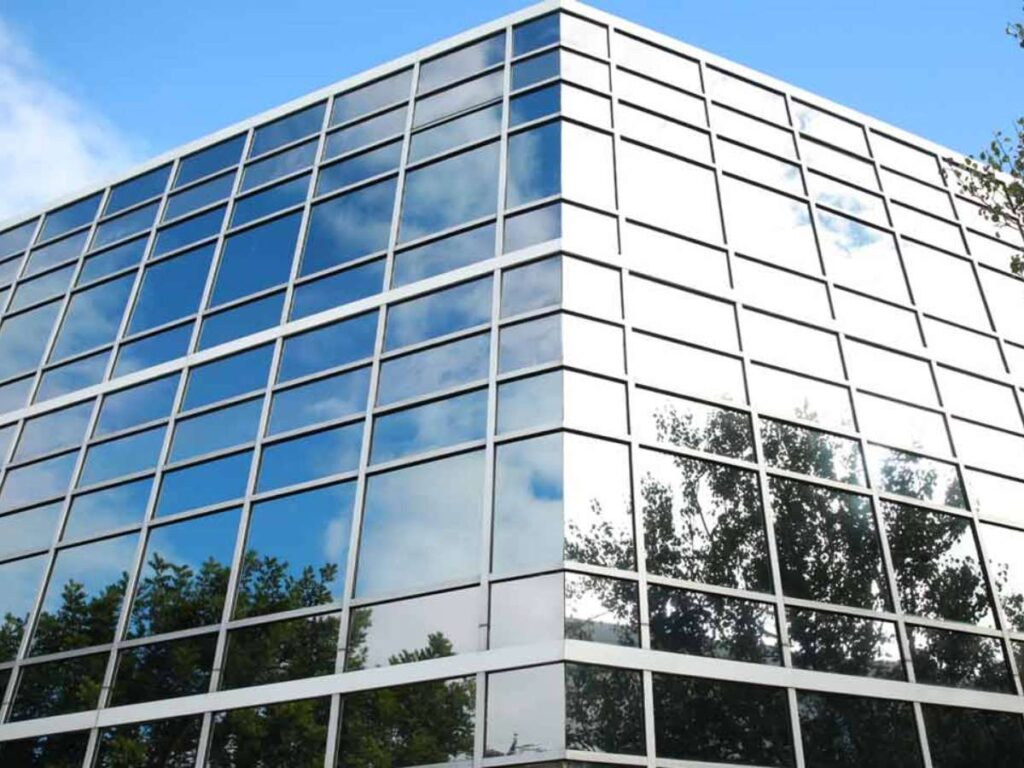
Low-E (Low Emissivity) Glass
Low-E glass has a special coating that reflects heat while still allowing natural light to pass through. You may not notice the coating just by looking, but it makes a big difference in energy performance.
For you, this means your spaces stay bright without overheating. It also reduces fading of furniture, flooring, and fabrics caused by UV rays. If your property has large window areas that face the sun for much of the day, Low-E glass helps balance comfort, efficiency, and appearance.
4. Materials Used in Right Hand Swing Doors
Many property owners focus on the glass, but the doors matter just as much. The material of a right hand swing door affects how it looks, how long it lasts, and how it performs. If you’re planning upgrades for villas, hotels, or greenhouses, knowing the pros and cons of each option will help you choose wisely:
| Material | Strength & Durability | Maintenance Needs | Appearance | Best Use Cases |
| Aluminum | Strong, lightweight, resists rust | Low upkeep, easy to clean | Sleek, modern finish | Hotels, villas, offices with a modern style |
| Steel | Very strong, high security | Needs anti-rust treatment | Industrial, solid look | Warehouses, high-security facilities |
| Wood | Strong but can warp with moisture | Needs regular sealing or painting | Warm, classic look | Villas, inns, boutique hotels |
| Fiberglass | Durable, resists dents and moisture | Low maintenance | Can mimic wood or be smooth | B&Bs, homes, properties in humid climates |
| Glass (Framed or Frameless) | Strong when tempered or laminated | Regular cleaning needed | Stylish, open look | Hotel lobbies, greenhouses, villas |
The right material depends on what matters most for your project, style, safety, or long-term maintenance. If you want a door that adds elegance, wood or glass may work best. If strength and security are your top goals, steel or aluminum could be the better choice.
5. Installation & Maintenance Best Practices
Even the best glass windows won’t work well if they’re installed poorly, or if they’re not taken care of.
I’ve seen projects go wrong because sealing wasn’t done right, or because small cracks were ignored until they got worse. These kinds of issues cost more later. Here’s how to keep things simple and working long-term:
During Installation
If you’re working with contractors or your own team, make sure they follow basic steps:
- Use Trained Installers: Commercial glass isn’t the same as home windows. Make sure the team has done this type of work before.
- Check the Frame Fit: The window frame must sit tight and even. Gaps or uneven pressure can lead to cracks, leaks, or fog inside the glass.
- Seal Properly: All sides should be sealed using the right type of weatherproof material. This blocks air, water, and insects.
- Protect the Glass During Work: Paint, dust, and tools can damage glass. Cover it well until all work nearby is finished.
After Installation
Once installed, glass windows need only basic care. But small checks go a long way. Here’s what I recommend:
- Clean Glass Surfaces Every 1–2 Months: Use soft cloths and mild, non-abrasive cleaners. Avoid scraping tools or strong chemicals.
- Inspect for Moisture or Fogging: If you see condensation inside the glass layers, that may mean the seal is broken. Schedule a repair early.
- Check Frames and Seals Twice a Year: Look for cracks, warping, or gaps. These let in moisture or air and affect performance.
- Repair Small Cracks Immediately: Don’t wait. Even a small chip can grow quickly, especially in hot or windy conditions.
- Keep Drainage Paths Clear: If your window system has built-in drainage (common in aluminum), check that they’re not blocked with dirt or leaves.
Windows are a long-term part of the building. With good installation and light maintenance, they’ll stay clear, strong, and efficient for many years.
6. Commercial Glass vs Residential Glass vs Other Window Types
When I talk with property owners, many ask how commercial glass windows compare to regular options. The truth is, the differences are clear once you look at performance, cost, and long-term value. Here’s a breakdown to help you weigh your choices:
| Window Type | Strength & Safety | Energy Efficiency | Noise Control | Maintenance Needs | Best Fit |
| Commercial Glass Windows | Built stronger, tempered or laminated for safety | High with insulated or coated glass | Good with laminated or IGUs | Moderate, regular cleaning needed | Hotels, villas, greenhouses, inns |
| Residential Glass Windows | Standard safety, not as strong | Basic insulation only | Limited sound blocking | Low upkeep but less durable | Houses with light use |
| Wood-Framed Windows | Strong frame but glass depends on type | Medium, can be improved with double glazing | Moderate, depends on glass | Needs sealing and painting | Villas, boutique inns |
| Metal-Framed Windows (Non-Commercial) | Strong frame, glass may be standard | Lower insulation, conducts heat | Limited unless upgraded | Can corrode without treatment | Warehouses, simple buildings |
| UPVC Windows | Durable frame, basic safety glass | Moderate, some insulated versions available | Decent noise reduction | Low maintenance, easy to clean | Small hotels, houses |
Commercial glass windows stand out because they combine safety, energy savings, and comfort in ways that regular residential options cannot match. If you’re running a business property, the upfront cost pays back in lower bills, fewer guest complaints, and stronger long-term performance.
7. Factors to Consider When Choosing Commercial Glass Windows
From what I’ve seen, no two projects are the same. The right commercial glass window for a villa may not be the best fit for a hotel or greenhouse. That’s why it helps to look at the key factors before you invest. Let’s go through them:
Building Location And Climate
Where your property is located makes a big difference in glass choice. If your hotel sits in a tropical area, you’ll need glass that reduces heat gain. For colder regions, insulated units keep warmth inside and reduce heating costs.
I always remind owners that choosing based on climate is more than comfort—it’s about long-term savings. The wrong choice may leave you with higher energy bills and less happy guests.
Safety And Security Needs
Not every property needs the same level of protection. A villa in a quiet rural setting may not need laminated glass, but a city hotel with heavy traffic or higher security risks might. Tempered and laminated options give you an extra layer of safety.
Think about your property’s daily use. If guests, children, or staff pass through busy areas often, investing in safer glass can help you avoid accidents and keep your building secure.
Budget And Long-Term Value
Cost is always part of the decision, but I’ve learned that the cheapest option upfront isn’t always the best investment. Higher-quality commercial glass windows may reduce energy bills, lower maintenance needs, and last longer. Over time, that saves you money.
So, think of the purchase as a long-term value decision rather than a one-time expense. Your budget matters, but so does the return you’ll get year after year. Vallisco manufactures reliable commercial windows that balance quality with long-term value for property owners.
Noise Control
Noise is something many owners overlook until it becomes a problem. Inns or hotels near roads, airports, or nightlife areas often deal with guest complaints about sound. Laminated glass or insulated glass units can make a huge difference in creating quiet spaces.
In my experience, guests notice the difference right away. A quieter room often translates to better reviews and more repeat bookings.
Conclusion
The story about the inn that reduced noise problems is a reminder of what the right choice can bring, comfort, safety, and long-term value.
In this guide, you’ve seen how different types of commercial glass windows compare, what materials to consider, and how they affect your business. Everything ties back to one goal: making your property a better place for those who use it.
If you want support in finding reliable options, Vallisco is here. They supply windows and fire doors built for long-term performance.
Take the next step for your project, contact us today!
Explore Related Resources
Want to see more? We’ve gathered additional product choices to give you even more variety:
Still haven’t found what you’re looking for? Don’t hesitate to contact us. We’re available around the clock to assist you.


